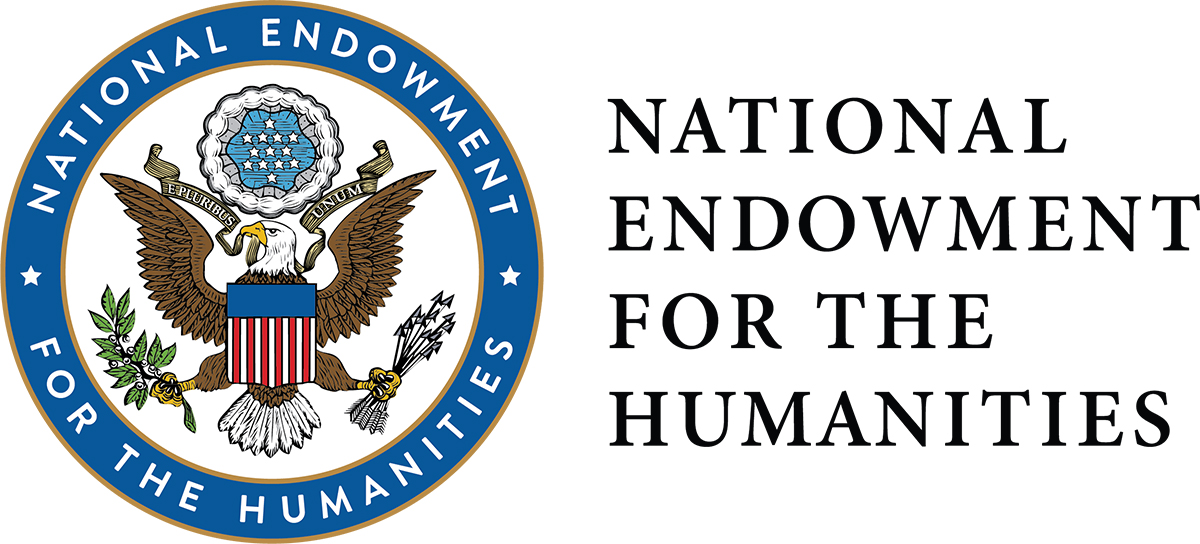What and where are the accommodations?
"SUNY Cortland did a fantastic job in terms of hospitality, arrangements, and facilities. This was my first trip to upstate New York and not likely my last!" –2019 Summer Scholar
Cortland
Summer scholars receive a $1300 stipend (less $550 to cover program expenses including meals and lodging in the Adirondacks) to defray costs of travel, lodging Sunday evening in Cortland, books and materials. In Cortland, participants will stay Sunday night at the Hampton Inn and Suites close to the SUNY Cortland campus.
Making your hotel reservation for Sunday night
You must make your own reservation by calling the hotel directly at +1 607-662-0007 and asking for the SUNY Cortland Forever Wild group rate. Forever Wild Summer Scholars will stay in Cortland on July 7, 2024 (group 1) or July 14, 2024 (group 2). . Each individual caller will be asked to guarantee their rooms with a valid credit card at the time of booking. We encourage sharing rooms!
Check-in time is anytime after 3 p.m. and departure time is prior to 11 a.m.
Reservations must be made by June 23rd (week one) or June 30th (week two). After this date any un-utilized rooms in the SUNY Cortland Forever Wild blocks will fall back into general inventory for the hotel to resell and our group discounted rate will no longer be available.
Hotel Cancellation Policy
Any individual cancellations need to be made by 4 p.m. two days prior to arrival. Any cancellations made after this time are subject to a penalty of 1 night’s room charge.
Adirondacks
 The rest of the week, you will lodge at Great Camp Huntington. The camp was originally built in 1870 as a summer retreat. The facility, now more than one hundred years later, will accommodate all of our Summer Scholars in dorm-style and historic buildings. The rustic charm and historic nature of these buildings means that some buildings have shared bathrooms, others will require Summer Scholars to leave their building and walk a short distance to a shared bathroom. All beds are single, bunk-style beds. The camp’s intermittent cellular phone service and its distance to the nearest hospital (80 miles) exemplify its remote nature. With its mission to promote environmental education, Camp Huntington offers the group a variety of outdoor equipment and resources to experience nature. These include approximately four miles of hiking trails, the self-guided Waldbauer Nature Trail, canoes and kayaks, and an outdoor fire pit. SUNY Cortland has remained true to the tradition and history of the camp and has only added a few modern updates, including Wi-Fi service in some buildings, in order to facilitate interaction with the natural environment and to deepen students’ connection to the experience of camp living. This is an incredible opportunity to experience nature as Gilded Age industrialists did. Learn more about Camp Huntington's buildings. Unfortunately, given the nature of the Camp Huntington facilities, families cannot be accommodated.
The rest of the week, you will lodge at Great Camp Huntington. The camp was originally built in 1870 as a summer retreat. The facility, now more than one hundred years later, will accommodate all of our Summer Scholars in dorm-style and historic buildings. The rustic charm and historic nature of these buildings means that some buildings have shared bathrooms, others will require Summer Scholars to leave their building and walk a short distance to a shared bathroom. All beds are single, bunk-style beds. The camp’s intermittent cellular phone service and its distance to the nearest hospital (80 miles) exemplify its remote nature. With its mission to promote environmental education, Camp Huntington offers the group a variety of outdoor equipment and resources to experience nature. These include approximately four miles of hiking trails, the self-guided Waldbauer Nature Trail, canoes and kayaks, and an outdoor fire pit. SUNY Cortland has remained true to the tradition and history of the camp and has only added a few modern updates, including Wi-Fi service in some buildings, in order to facilitate interaction with the natural environment and to deepen students’ connection to the experience of camp living. This is an incredible opportunity to experience nature as Gilded Age industrialists did. Learn more about Camp Huntington's buildings. Unfortunately, given the nature of the Camp Huntington facilities, families cannot be accommodated.
How do I travel to the Workshop?
 Summer Scholars should make travel plans to arrive in Cortland, NY by Sunday in time for the 5 p.m. welcome, dinner and orientation. The Syracuse Hancock International Airport is approximately a 50-minute drive to Cortland. SUNY Cortland will provide shuttle runs from Syracuse on Sunday (prior to 3 p.m.) for $35.00. A chartered bus will take all the Summer Scholars from Cortland to Camp Huntington on Monday afternoon (no extra charge). Saturday morning, the chartered bus will pick up the group at Camp Huntington at 10 a.m., making a stop at the Syracuse airport at approximately 12:30 p.m. Those flying out of Syracuse on Saturday should arrange airline departures not earlier than 2:30 p.m.
Summer Scholars should make travel plans to arrive in Cortland, NY by Sunday in time for the 5 p.m. welcome, dinner and orientation. The Syracuse Hancock International Airport is approximately a 50-minute drive to Cortland. SUNY Cortland will provide shuttle runs from Syracuse on Sunday (prior to 3 p.m.) for $35.00. A chartered bus will take all the Summer Scholars from Cortland to Camp Huntington on Monday afternoon (no extra charge). Saturday morning, the chartered bus will pick up the group at Camp Huntington at 10 a.m., making a stop at the Syracuse airport at approximately 12:30 p.m. Those flying out of Syracuse on Saturday should arrange airline departures not earlier than 2:30 p.m.
What do I do upon arrival at the hotel?
Vans will transport Summer Scholars from the Fairfield Inn and Suites to the welcome dinner starting at 4:45 p.m. on Sunday.
